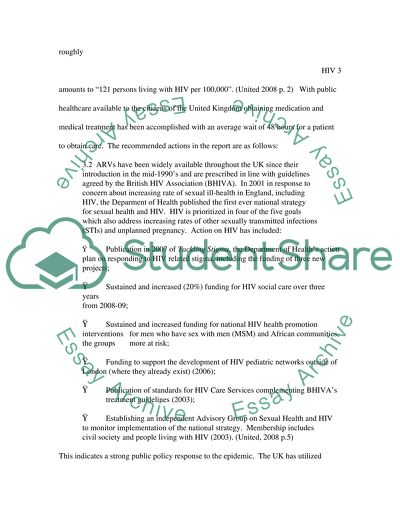Cite this document
(HIV and the Use of Self-Managed Care Coursework, n.d.)
HIV and the Use of Self-Managed Care Coursework. Retrieved from https://studentshare.org/health-sciences-medicine/1549506-public-policy
HIV and the Use of Self-Managed Care Coursework. Retrieved from https://studentshare.org/health-sciences-medicine/1549506-public-policy
(HIV and the Use of Self-Managed Care Coursework)
HIV and the Use of Self-Managed Care Coursework. https://studentshare.org/health-sciences-medicine/1549506-public-policy.
HIV and the Use of Self-Managed Care Coursework. https://studentshare.org/health-sciences-medicine/1549506-public-policy.
“HIV and the Use of Self-Managed Care Coursework”. https://studentshare.org/health-sciences-medicine/1549506-public-policy.


